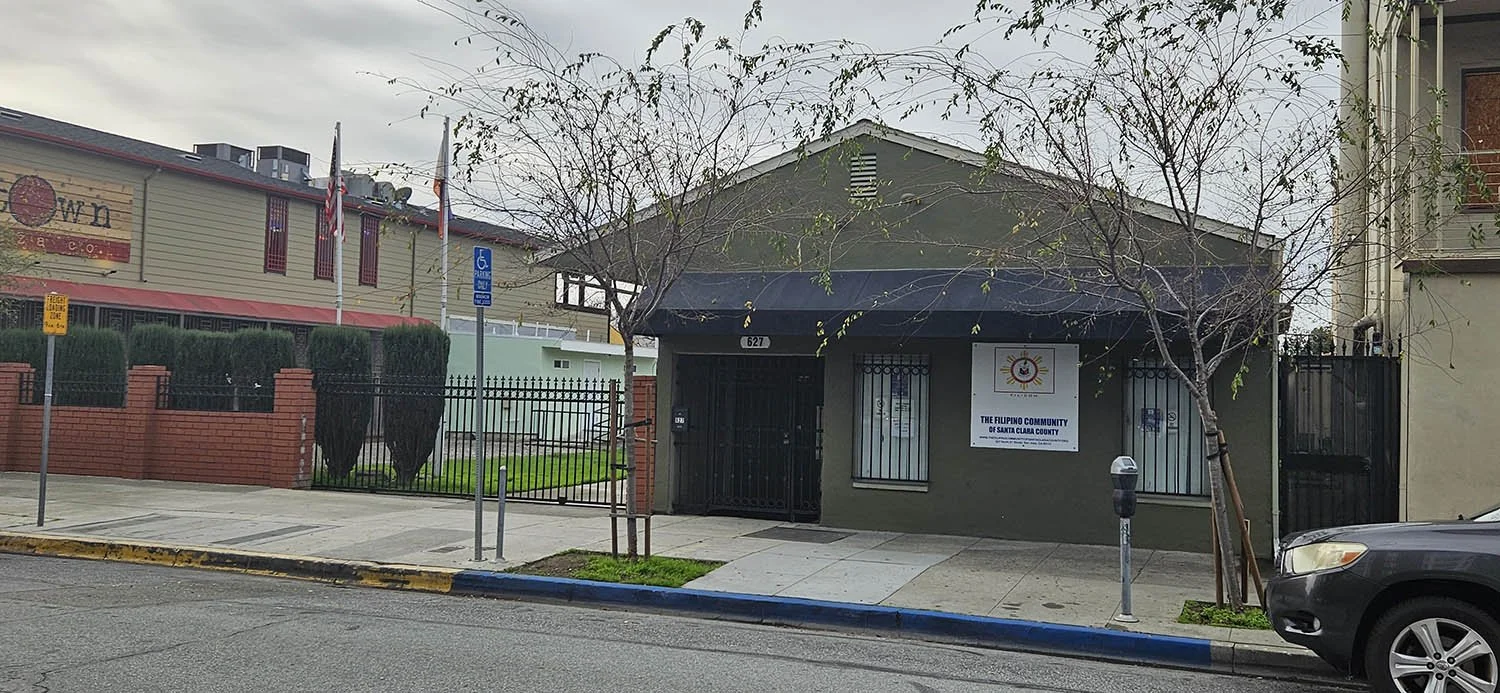A Bridge Forgotten
/While the stories of the Manong generation -- the first group of Filipino migrant farmworkers to Hawaii and the US West Coast who arrived in the early 1900s -- have been and continue to be documented, their offspring who have dubbed themselves as the Bridge Generation have not been as lucky. This according to one of its stalwarts, Peter Jamero, who has written a book and several articles appealing for more research and documentation on the narratives of his contemporaries -- Filipino Americans born in the US before 1945. The Bridge Generation is unique because unlike their parents who never shed their Filipino-ness despite having resided for decades in the US, they grew up Americans. Yet they were never accepted completely as such. Jamero's impassioned plea this week should resonate among historians, cultural torchbearers, journalists and story gatherers.
We likewise feature two cultural torchbearers: the artist Stephanie Syjuco whose ongoing exhibit assembles valuable and otherwise ignore archival photos of the American colonial period in the Philippines; and acclaimed movie director Erik Matti, whose inspired and disturbing film, On the Job: The Missing 8, documents a dark period in Philippine contemporary history.
And we continue to join the chorus against the continuing injustice of keeping former senator Leila de Lima in jail, despite the key witnesses against her recanting their testimonies.
[Cook It Again] The Happy Home Cook: Easy Tuna Pasta With Vegetables by Elizabeth Ann Quirino
[Video of the Week] Ilocandia
In The Know
Josh Jacobs Speaks on His Filipino Heritage
The balintawak, like the terno, is now GenZ-fied
https://www.thediarist.ph/the-balintawak-like-the-terno-is-now-genz-ed-ternocon/
How Amorsolo immortalized Elias and Salome, heroes of Noli Me Tangere’s lost chapter
How To Make Suman In Your Rice Cooker
5 facts about Filipino-British singer Beabadoobee




